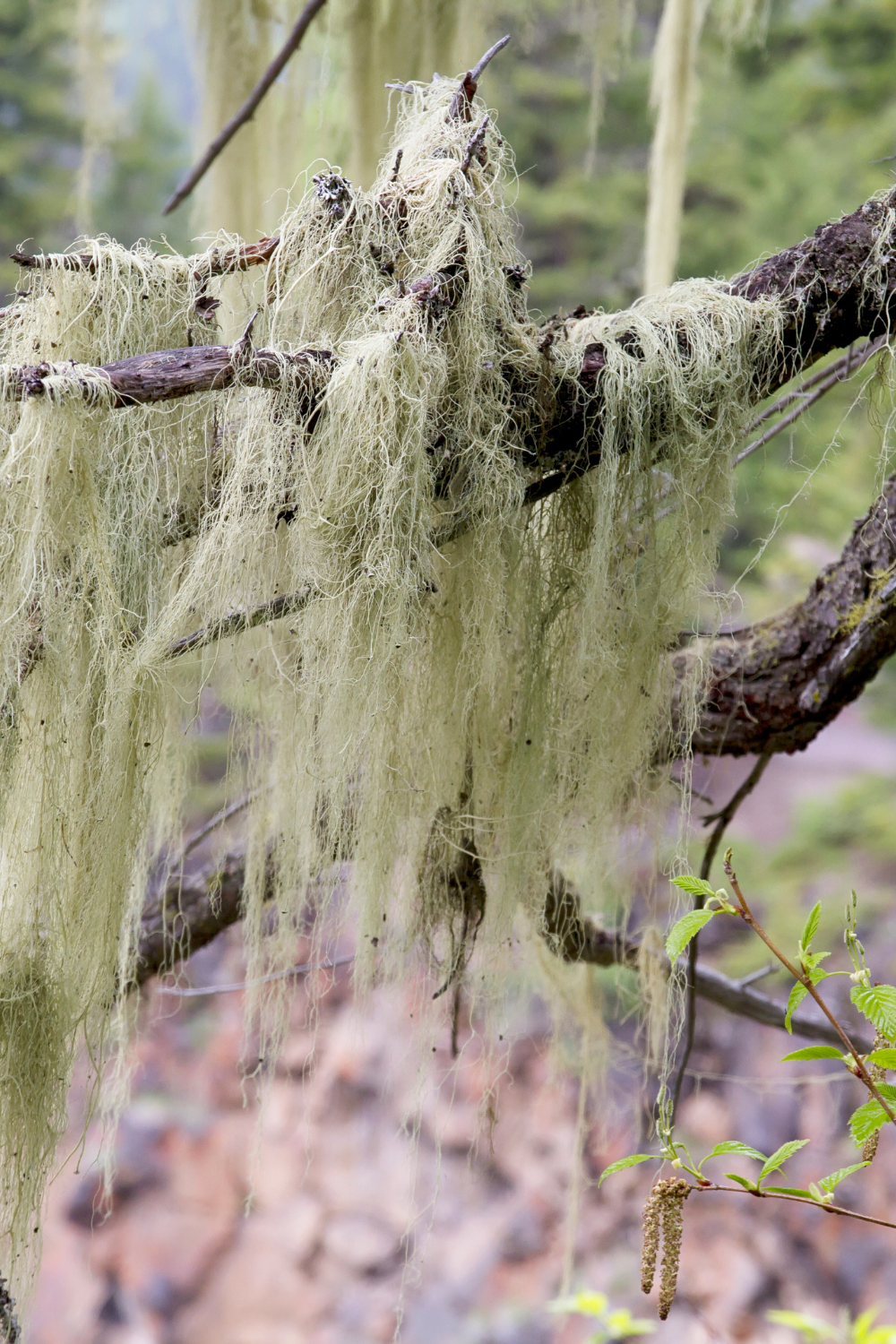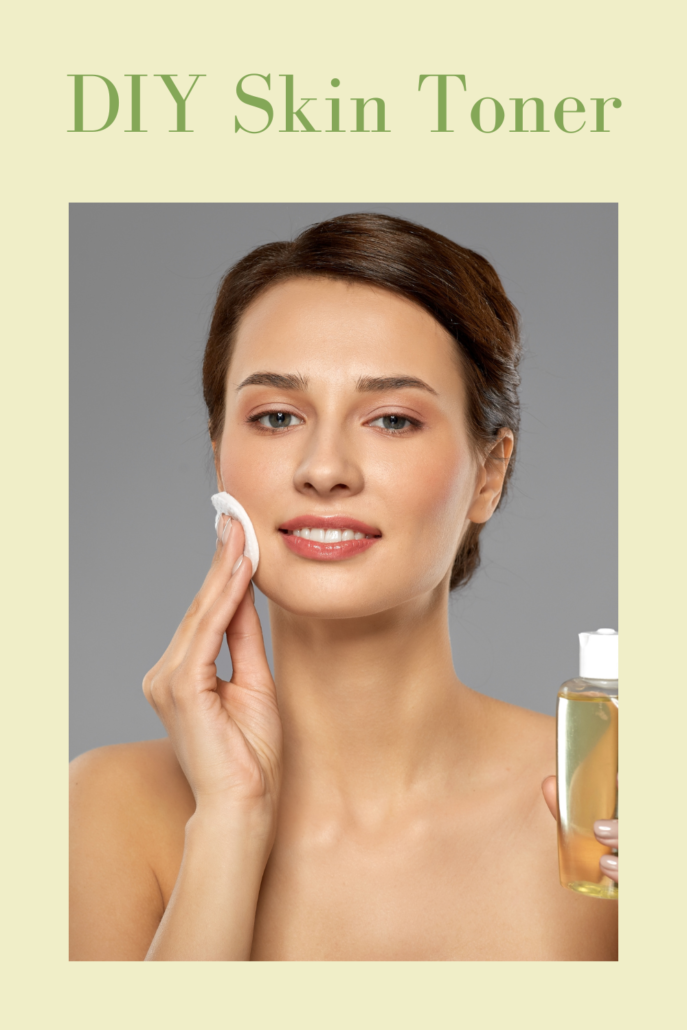Usnea Nature’s Antibiotic – The All-Natural Solution You Need to Know
When we think about natural remedies, certain plants and herbs come to mind that have been used for centuries to promote healing and health.
One of these fascinating plants is Usnea, often referred to as “Nature’s Antibiotic.”
In today’s world, where we often turn to synthetic drugs like penicillin, it’s incredible to discover natural alternatives that might be just as effective in specific situations.
But before we dive into the incredible benefits of usnea, let me first say this: I’m not a doctor.
Everything shared here is based on research, historical usage, and anecdotal evidence, so always do your own research or consult with a healthcare provider when considering any natural remedies.
Now, let’s get into why Usnea is gaining attention as a powerful plant-based antibiotic and how it might be helpful to you.

What is Usnea?
Usnea is a type of organic lichen, which is a unique combination of algae and fungi living together in a symbiotic relationship.
You might have noticed it hanging from trees like an old man’s beard, which is why it’s often called Old Man’s Beard. It flourishes in different regions worldwide, particularly in areas with clean, unpolluted air.
This fascinating, plant-like organism has been used for centuries in traditional medicine due to its potent organic antibacterial and antiviral properties.
Benefits of Usnea: Nature’s Antibiotic

1. Natural Antibacterial Powerhouse
The main reason Usnea is called “nature’s antibiotic” is due to its strong antibacterial properties.
The active compound, usnic acid, has been shown to kill a wide range of bacteria, including those that cause infections in the body.
In a world where antibiotic resistance is becoming a big concern, many people are turning to alternatives like usnea to help fight off bacterial infections naturally.
In fact, usnea has been historically used to treat wounds, prevent infections, and even heal skin issues.
You can think of it as nature’s way of giving us a backup plan when synthetic antibiotics, like penicillin, aren’t available or effective.
2. Fights Respiratory Infections
If you suffer from frequent respiratory issues such as coughs, colds, or bronchitis, usnea might be an excellent ally.
Traditional medicine has used it for ages to help clear up respiratory infections.
Its antibacterial and antiviral properties make it effective in treating upper respiratory infections. It’s particularly beneficial for conditions like pneumonia, sinus infections, and chronic bronchitis.
By targeting bacteria in the respiratory tract, usnea may help alleviate symptoms and promote faster healing without the need for over-the-counter antibiotics.
3. Supports the Immune System
As an immune booster, usnea can help your body’s natural defenses ward off illness. Think of it as adding an extra layer of protection. By strengthening your immune system, it helps you fight infections before they can take hold.
Usnea also has antiviral properties, which means it can be useful in combating not only bacterial infections but viral ones as well.
During cold and flu season, or if you’re frequently exposed to illnesses, adding usnea to your health regimen could give your immune system the support it needs to stay strong.

4. Natural Alternative to Penicillin
One of the most exciting things about usnea is its potential to act as a natural alternative to penicillin.
While penicillin is one of the most widely used antibiotics, many people are allergic to it, and there are growing concerns about antibiotic resistance.
Usnea, with its potent antimicrobial properties, offers an alternative for those who prefer natural treatments or cannot use traditional antibiotics due to allergies or other issues.
While it’s important to note that usnea is not as thoroughly studied as penicillin, its long history of use in traditional medicine and promising research into its effectiveness make it worth considering as part of a natural health toolkit.
5. Treats Skin Conditions and Wounds
Usnea’s antibacterial properties make it an excellent remedy for skin conditions. Whether you’re dealing with a minor cut, a rash, or an infection, applying usnea topically can help speed up the healing process.
Historically, it was used as a wound dressing to prevent infection, and even today, herbalists recommend it for its ability to treat cuts, burns, and other skin irritations.
For those prone to acne or bacterial skin infections, usnea can be a gentle yet effective alternative to harsh chemical treatments.
6. Natural Antifungal Treatment
In addition to being antibacterial, usnea is also antifungal.
This makes it a valuable tool for treating fungal infections such as athlete’s foot, ringworm, and even certain yeast infections.
You can apply usnea topically or take it internally (in tincture form) to help treat and prevent these types of infections.
7. Aids in Urinary Tract Health
Urinary tract infections (UTIs) are one of the most common bacterial infections people face. Usnea’s natural antibiotic properties may offer relief for those who suffer from chronic or acute UTIs.
While more research is needed in this area, its traditional use in treating urinary tract infections gives it promising potential as a natural treatment option.
8. Promotes Digestive Health
Some studies suggest that usnea can support gut health by promoting a balanced microbiome and helping combat harmful bacteria in the digestive system.
A healthy gut is essential for overall wellness, and usnea’s antibacterial properties make it an excellent ally for digestive health.
It’s been used historically to treat stomach ulcers and other gastrointestinal issues.

How to Use Usnea Safely
Now that you know some of the benefits of usnea, you might be wondering how to use it. The good news is that usnea is available in various forms, making it easy to incorporate into your daily routine. Here are a few common ways to use usnea:
1. Tincture
This is one of the most popular ways to use usnea. A tincture is a concentrated liquid form of the herb that you can take orally. You can find tinctures in health food stores, or you can make your own by steeping usnea in alcohol (such as vodka) for several weeks.
You can also make a tea with usnea. Simply steep dried usnea in hot water for 10-15 minutes and enjoy. It’s a soothing way to incorporate this herb into your daily routine, especially if you’re looking to support respiratory or immune health.
For skin infections or wounds, you can apply usnea directly to the affected area.
You can also find ointments or salves that contain usnea, or make your own by mixing it with coconut oil or another carrier oil.
4. Powder
Usnea is also available in powder form, which can be added to smoothies, soups, or other foods for an easy way to boost your immune system and fight off infections.
Grind it up in the food processor.

Usnea vs. Penicillin: What’s the Difference?
While both usnea and penicillin are known for their antibacterial properties, they are quite different in how they work and what they are used for.
Penicillin:
- A synthetic antibiotic.
- Used to treat bacterial infections like strep throat, pneumonia, and skin infections.
- Can cause allergic reactions in some individuals.
- Often leads to antibiotic resistance with overuse.
Usnea:
- A natural antibiotic.
- Can be used to treat minor infections, respiratory issues, and skin conditions.
- Fewer side effects compared to synthetic antibiotics.
- Works as a natural, immune-boosting supplement.
While penicillin is widely used and effective, usnea offers a natural alternative for those seeking a more holistic approach to health.
However, it’s important to remember that usnea is not a replacement for prescribed medications, especially in serious infections.
Always consult with a healthcare provider before trying any new treatments.
Potential Side Effects of Usnea
While usnea is generally considered safe when used appropriately, it’s essential to be aware of any potential side effects.
Some people may experience allergic reactions or skin irritation when applying usnea topically. If you are pregnant or breastfeeding, it’s always best to consult with a healthcare provider before using any herbal remedies, including usnea.
Also, usnea can be toxic in very high doses, so be mindful of how much you’re taking. Like with any natural remedy, moderation is key.

Usnea – Nature’s Antibiotic
Usnea, nature’s antibiotic, is a powerful natural remedy that offers a range of health benefits, from fighting infections to supporting respiratory health.
It’s a wonderful option for those looking for a natural alternative to synthetic antibiotics like penicillin, though it’s crucial to do your own research and consult with healthcare professionals, especially when dealing with more serious health conditions.
Whether you’re looking to boost your immune system, treat a skin infection, or simply incorporate more natural remedies into your life, usnea is definitely a plant worth considering.
Just remember to use it wisely, and always listen to your body.
Natural remedies can be incredibly effective, but they work best when used in combination with a healthy lifestyle and proper medical guidance.


